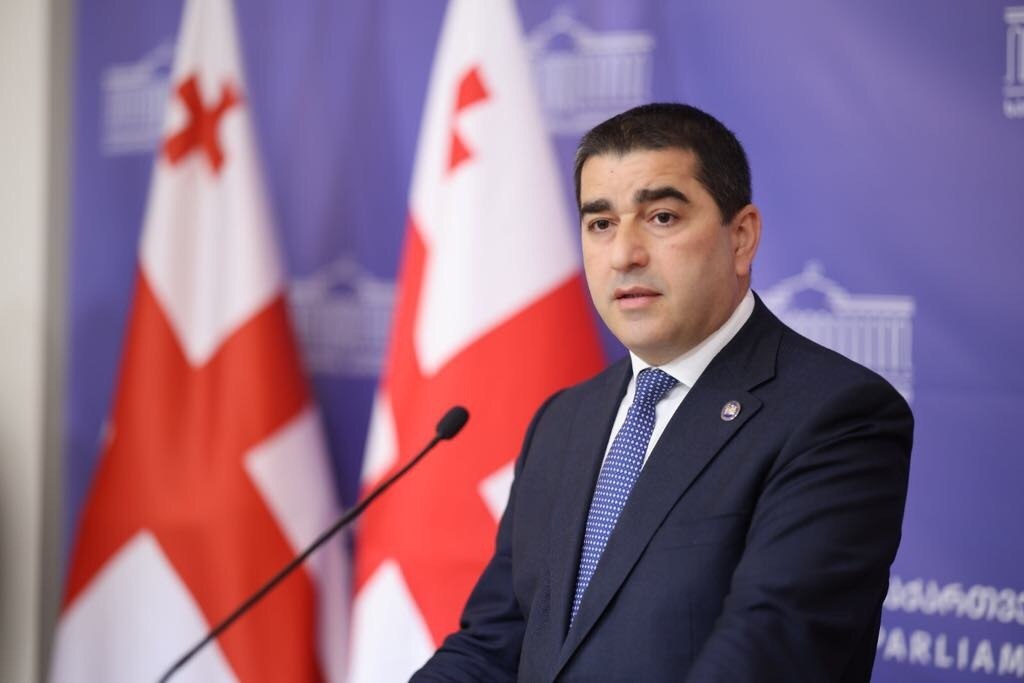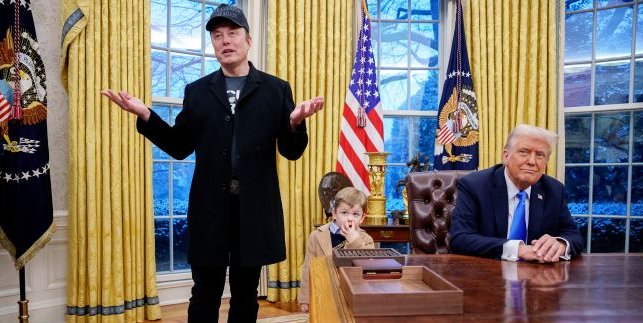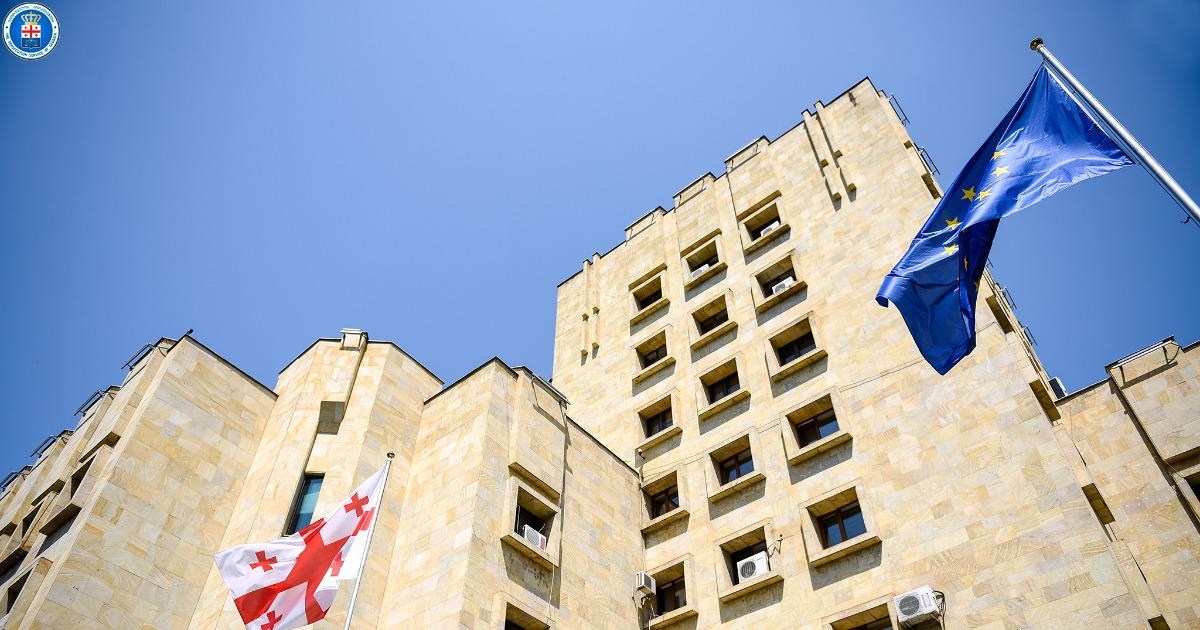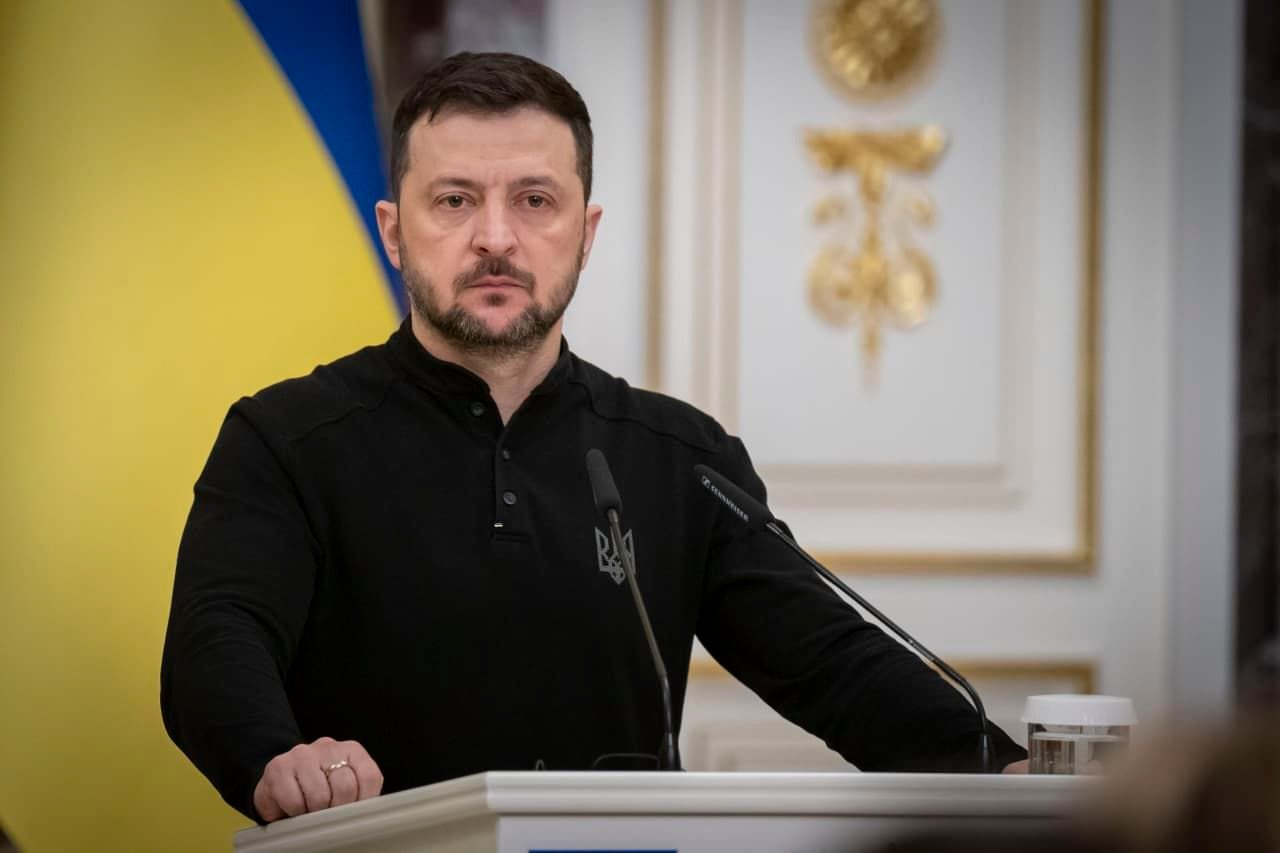Georgia’s Parliamentary Speaker accuses French Embassy of ‘indirect financing’ of ‘radical groups’

Author
Front News Georgia
Shalva Papuashvili, the Georgian Parliament Speaker, on Friday accused the French Embassy in Tbilisi of “undermining the country’s sovereignty” and “indirectly financing” political protests against halted EU integration “under the guise of civil society support”.
Speaking to reporters, the official condemned a recent grant awarded by the French Embassy to a local NGO, the Soviet Past Research Laboratory, which aims to develop tourist routes in Gori and Kutaisi highlighting Georgia’s Soviet-era history.
“No one here is stupid enough to believe that the French Embassy is funding politicians and radical party representatives just to design tourist routes,” Papuashvili said. “I suspect this is indirect financing of rallies [against the Georgian Dream Government’s decision late last year to halt the country’s EU integration until 2028]”.
The remarks come amid heightened tensions over the Georgian government’s controversial Law on Grants, which seeks to “increase oversight and transparency over foreign-funded initiatives” – legislation critics say targets NGOs and civil society.
Papuashvili accused the French Ambassador Sheraz Gasri of “resisting transparency” and treating Georgia as a “backyard”, saying that “diplomatic privilege must be accompanied by responsibility.”
“This is a privilege for any diplomatic mission – to participate in the development of a country. But it’s not acceptable to throw money around without being accountable for its consequences,” he said.
The parliamentary speaker went on to claim that the French Embassy had funded individuals with political backgrounds, including former opposition MPs Irakli Khvadagiani and Giorgi Kandelaki – figures alleged affiliated with the United National Movement, the party founded by ex-president Mikheil Saakashvili.
“These are not neutral actors. These are people with deep political histories, some involved in the darkest chapters of our recent past,” Papuashvili added, referring to the UNM’s time in power.
In a statement published on social media on 15 April, the French Embassy said the project was selected through a competitive process intended to support civil society in Georgia.
“We congratulate the Soviet Past Research Laboratory on winning the 2025 competition announced by the French Embassy,” the statement read. “The project will create new tourist routes in Gori and Kutaisi that explore Georgia’s Soviet past, showcasing key memorial sites related to resistance against totalitarianism and democratic experiences before the occupation.”
Tags:
Shalva Papuashvili




